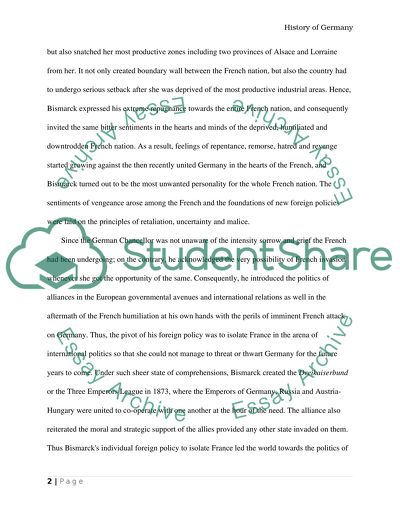Cite this document
(“History of Germany Essay Example | Topics and Well Written Essays - 3750 words”, n.d.)
Retrieved de https://studentshare.org/history/1392066-germany
Retrieved de https://studentshare.org/history/1392066-germany
(History of Germany Essay Example | Topics and Well Written Essays - 3750 Words)
https://studentshare.org/history/1392066-germany.
https://studentshare.org/history/1392066-germany.
“History of Germany Essay Example | Topics and Well Written Essays - 3750 Words”, n.d. https://studentshare.org/history/1392066-germany.


